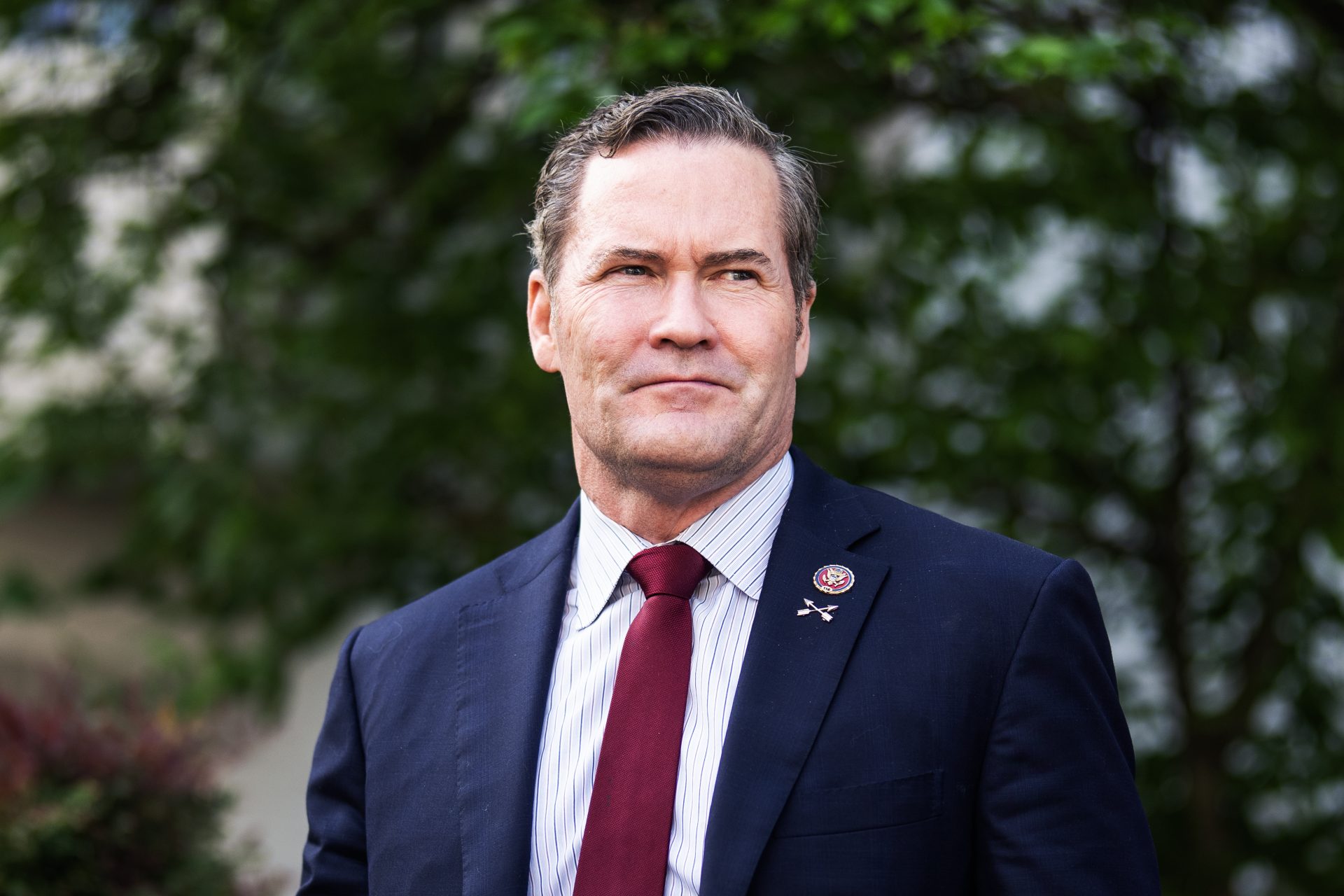Has Canada's MAID program gone too far? Euthanasia is more problematic than you think
As the world was preparing to celebrate the holiday season in December, politicians in Canada were finalizing revisions to the country’s euthanasia laws so that medical assistance in dying would be more accessible to those suffering from mental illness.
Most people outside of Canada are unaware that euthanasia was legalized back in 2015 after the country’s Supreme Court ruled the prohibition of medical assistance in dying (MAID) violated the Canadian Charter of Rights and Freedoms.
In 2016, the Parliament of Canada passed federal legislation that allowed eligible Canadians to seek medical assistance in dying, which applied to a small group of eligible terminally ill patients according to a Government of Canada website.
In October 2020, Canada’s euthanasia laws were expanded to include patients who had a "reasonable foreseeability of natural death" to those eligible for medical assistance in dying.
By 2021, over 31,000 Canadians had ended their lives via medical assistance in dying according to yearly reports, and in 2022 the government moved to adopt a new law that would allow those suffering from mental illness to end their own lives via medical assistance.
The move to allow those with mental illness to choose medical assistance in dying (MAID) sparked a major debate in the country over whether its euthanasia laws had gone too far.
“Making death too ready a solution disadvantages the most vulnerable people, and actually lets society off the hook," Dr. Madeline Li told BBC News. "I don't think death should be society's solution for its own failures.”
Dr. Li is a psychiatrist at Toronto’s Princess Margaret Hospital according to Holly Hinderiech of BBC News and she’s not alone in her criticism of Canada’s new additions to its medically assisted dying laws.
“Canada’s Medical Assistance in Dying program seemed like a step forward for choice and dignity,” wrote Jeremy Appel in the left-leaning political magazine Jacobin.
“But it is beginning to look like a dystopian end run around the cost of providing social welfare that can beat back the deprivations that make life unbearable,” Appel added.
Appel wrote that he always believed giving individuals the right to choose if they wanted to be euthanized was a “no-brainer.” But in a poignant article on the pitfalls of Canada’s program, Appel stated that it revealed the problems of our modern world.
“I’ve come to realize that euthanasia in Canada represents the cynical endgame of social provisioning within the brutal logic of late-stage capitalism,” Appel said.
“...we’ll starve you of the funding you need to live a dignified life,” the Jacobin writer added, “demand you pay back pandemic aid you applied for in good faith, and if you don’t like it, well, why don’t you just kill yourself?”
Appel's statement wasn't hyperbole. A recent Global News report from October 2022 found that it was “poverty, not pain” driving those with serious, longterm disabilities in Canada to seek medical assistance in dying.
Journalists Brennan Leffler and Marianne Dimain told the story of Les Landry, a former truck driver who was doing well in life until a routine hernia surgery left him with three mini-strokes and epilepsy.
“The numbers I crunch … I will not make it. Like in my case, the problem is not really the disability, it is the poverty. It’s the quality of life,” Landry told Leffler and Dimain.
Landry lost much of his disability benefits when he turned 65 and now is considering medical assistance in death not because of his condition, but because of his poverty—which will soon make him homeless.
“I am not against MAID,” Landry said. “What I am against is the expansion of MAID without the improvement of benefits or quality of life. I mean, it’s lopsided.”
Justin Trudeau’s Liberal government must have heard the country’s feedback because on February 2nd Justice Minister David Lemetti tabled the legislation that would allow Canadians with mental illness to be eligible for medical assistance in dying until March 2024.
“It is clear more time is needed to get this right," Lametti told reporters during a press conference. "The proposed one-year expansion is necessary to ensure that we move forward on this sensitive and complex issue in a prudent and measured way.”
While the one-year delay may help the government better understand how it will implement its new legislation in a way that will protect Canadians, it probably won't stop the national debate about whether or not medical assistance in death has gone too far...
More for you
Top Stories


































